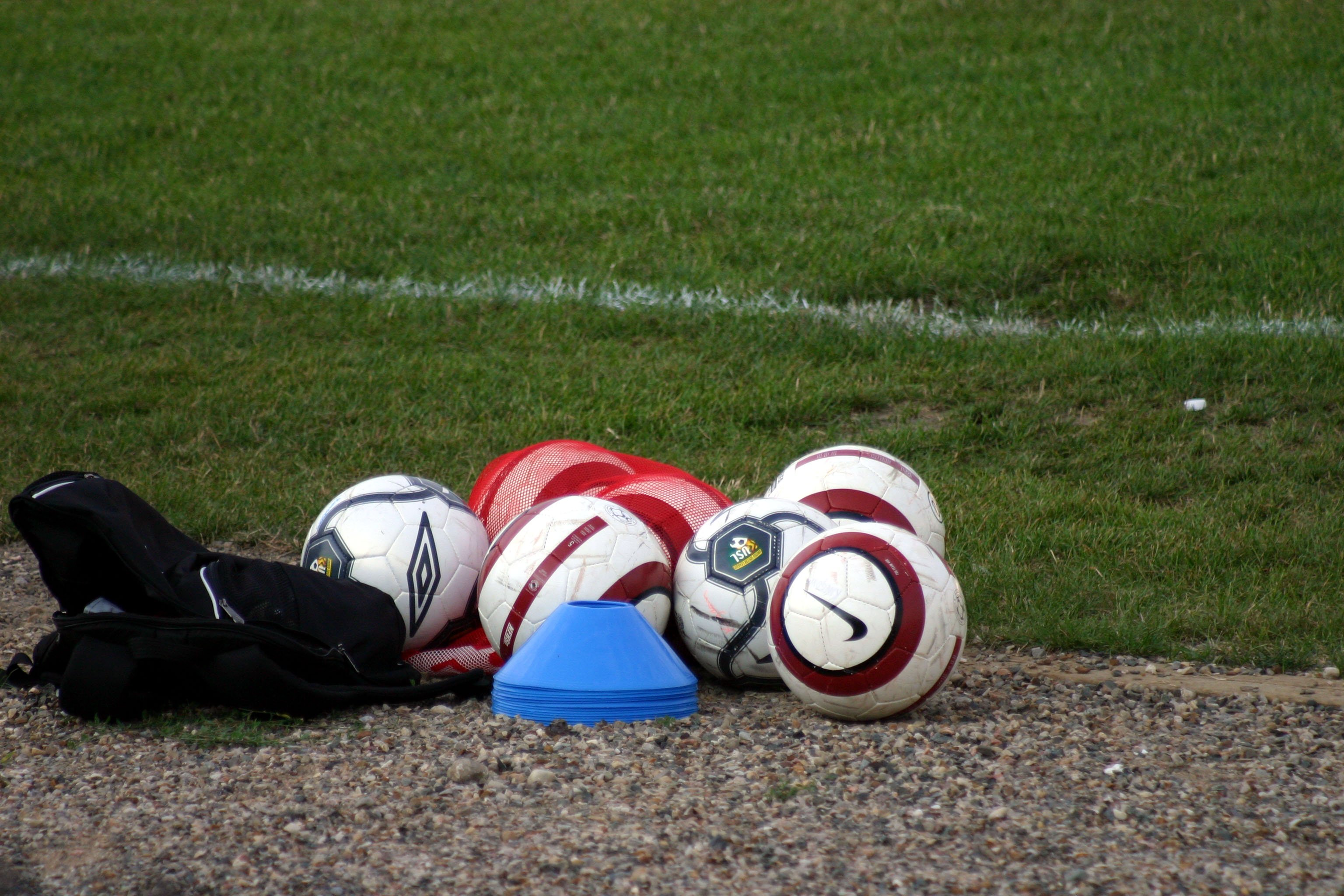
Whether it’s coaching a Premiership football team or running a business - the job of management is essentially the same. You’re finding ways to get the best from a group of people.
To do that, you need accurate information about them. You need to know how each person’s performing and how the team as a whole is working. Without this knowledge, you can’t manage.
And this is why real-time management systems are not just changing the way we run our businesses, they’re also becoming an essential tool in the world of sport.
In the past, a sports performance would typically be analysed in the hours or days after a match had finished - it was a painstaking process of manually plotting each players’ movements via video footage.
But our GPS tracking software now allows performances to be analysed in real-time, while a game or activity is still taking place.
Tracking devices built into athletes’ clothes are linked to monitoring systems, providing instant data on both individual and team performances.
Here are some examples of how real-time tech is helping to transform sports coaching:
- Rugby
- Football
- Sailing
- American Football
Rugby
If you’ve ever seen TV shots of rugby coaches sat in the stands, staring intensely at a laptop screen - they’re likely to be studying real-time data. England and Ireland are among the international sides who are now using tracking devices during matches to monitor everything from player fatigue to energy levels.
Alongside player information, they’re also used to help identify tactical problems which help guide the team coach when it comes to formations and substitutions.
Football
It was in February of 2015 that FIFA finally gave the go-ahead to allow players to be fitted with real-time tracking devices during competitive matches. And one of the first clubs to push ahead with this was technology was Leicester City.
They use the OptimEye S5 tracking system with sensors slotting into compression vests worn by the players; these include GPS sensors, accelerometers and gyroscopes.
Sailing
It’s not a sport you immediately associate with technology but many of the sailing competitors at Rio Olympics used real-time data systems.
With GPS location tracking and monitors throughout the boat, teams now have the same kind of telemetry style data that you usually find in Formula One racing. This includes vital information on how outside factors such as tidal movements and wind variations affect performance.
American Football
Just about every NFL team now uses real-time monitoring during training sessions to improve player performance and develop strategies. But the next big step is for this technology to be used during games.
The groundwork has been done with the having NFL linked up with Zebra Technologies to add monitoring tags to the shoulder pads of all players. The real game-changer is when this data is made available to coaches during live matches.
The technology used for these sports is identical to the systems now being used in business to provide a smarter way to manage mobile workers.
A digital workforce management system such as MyMobileWorkers provides exactly the same benefit - providing real-time data on the location and status of each team member.
It allows for a more efficient and adaptive style of management, spotting issues and tackling them before they turn into problems. Have a look at the kind of effects real time business information can have on your company.


